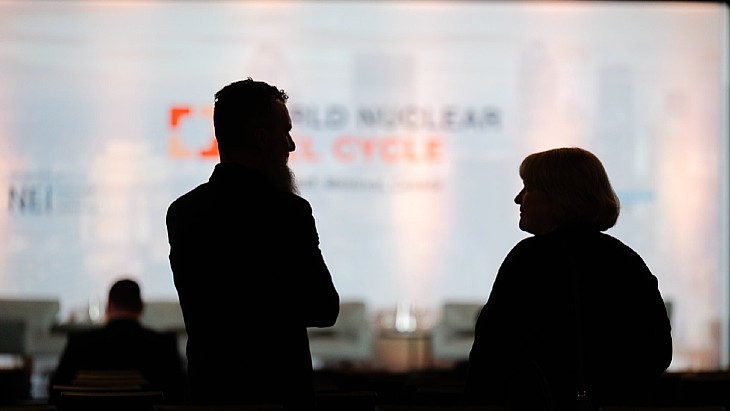Australia should repeal nuclear ban, inquiry told
.jpg)
The 2006 review - also known as the Switkowski report - was the last at the federal level into the use of nuclear energy in Australia and is included in the inquiry's terms of reference, along with South Australia's 2016 Nuclear Fuel Cycle Royal Commission. The inquiry is being conducted by the House of Representatives Standing Committee on the Environment and Energy following a referral earlier this month by Minister for Energy and Emissions Reduction Angus Taylor.
According to the Financial Review, Switkowski said it was "not rational" to shut off the nuclear power option and said the 20-year-old ban should be repealed even if Australia ultimately decides not to build reactors.
"We really should not be making decisions in 2019 based on legislation passed in 1999 reflecting the views of 1979,” Switkowski said.
The "window" for Australia to construct large-scale nuclear plants has closed, he said, but small modular reactors should be considered as a way to lower CO2 emissions and stabilise the electricity grid.
According to the Guardian, Switkowski said the role of government should be to produce a coherent national energy strategy with bipartisan support that was technologically agnostic, balanced cost with resilience and risk, met emissions reduction targets and restored energy as a source of national competitive advantage.
"In theory, the phasing out of coal-fired power stations and the phasing in of nuclear reactors could make a lot of sense," he said.
Prior to the hearing, committee chairman Ted O'Brien said the inquiry needed to ascertain whether nuclear energy is feasible, suitable and palatable.
O'Brien said: "To be feasible, it would have to stack up on economic, technological and capability grounds. To be suitable, it would have to make sense on environmental, safety and security grounds. And to be palatable, there would have to be an appetite among the Australian people."
The hearing also included representatives of the Australian Nuclear Science and Technology Organisation (ANSTO), the Australian Radiation Protection and Nuclear Safety Authority (ARPANSA), the Australian Energy Market Operator (AEMO), the Australian Energy Market Commission (AEMC) and the Australian Energy Regulator (AER).
Australia has the world's largest known uranium resources and is the world's third-ranking producer of the metal, behind Kazakhstan and Canada, but it uses no nuclear power, generating most of its electricity from coal. ANSTO has operated nuclear reactors for research and isotope production since the 1950s, currently at the OPAL reactor which commenced operation in 2006. The ANSTO Nuclear Medicine Facility in July received regulatory approval to move to full production of molybdenum-99 from uranium targets irradiated in OPAL, and is expected to begin supplying the vital medical radioisotope internationally later this year.
The committee is accepting written submissions until 16 September and plans to hold further public hearings. It is due to report on the inquiry by year-end.



.jpg)






_50521.jpg)

